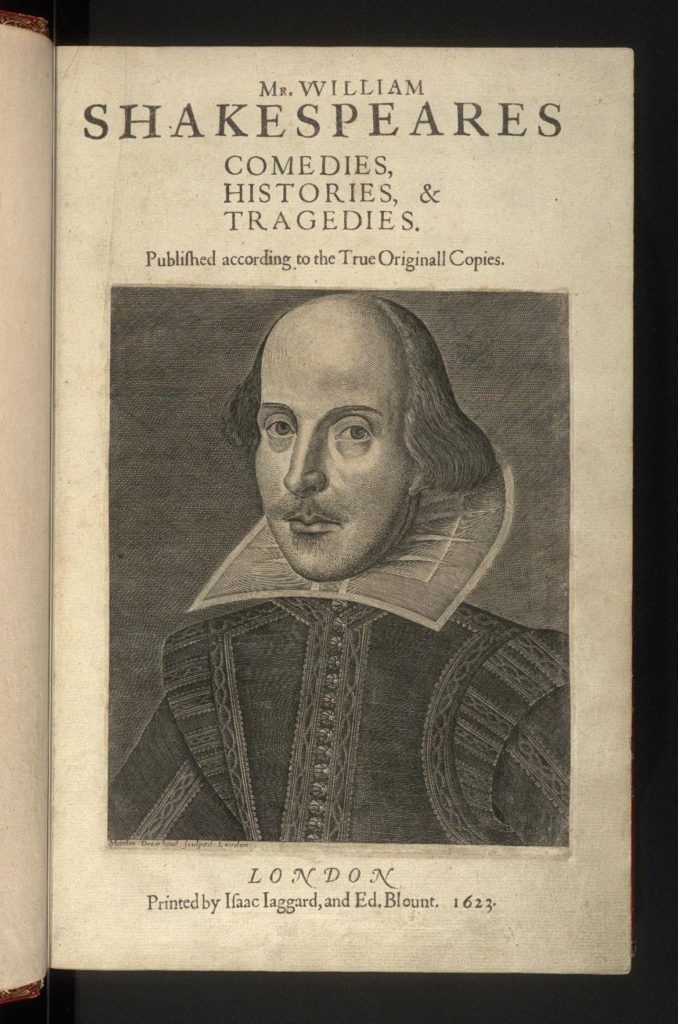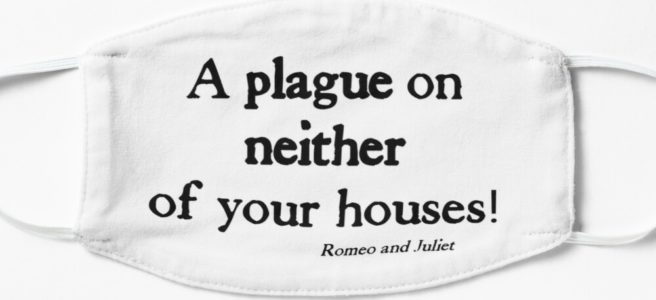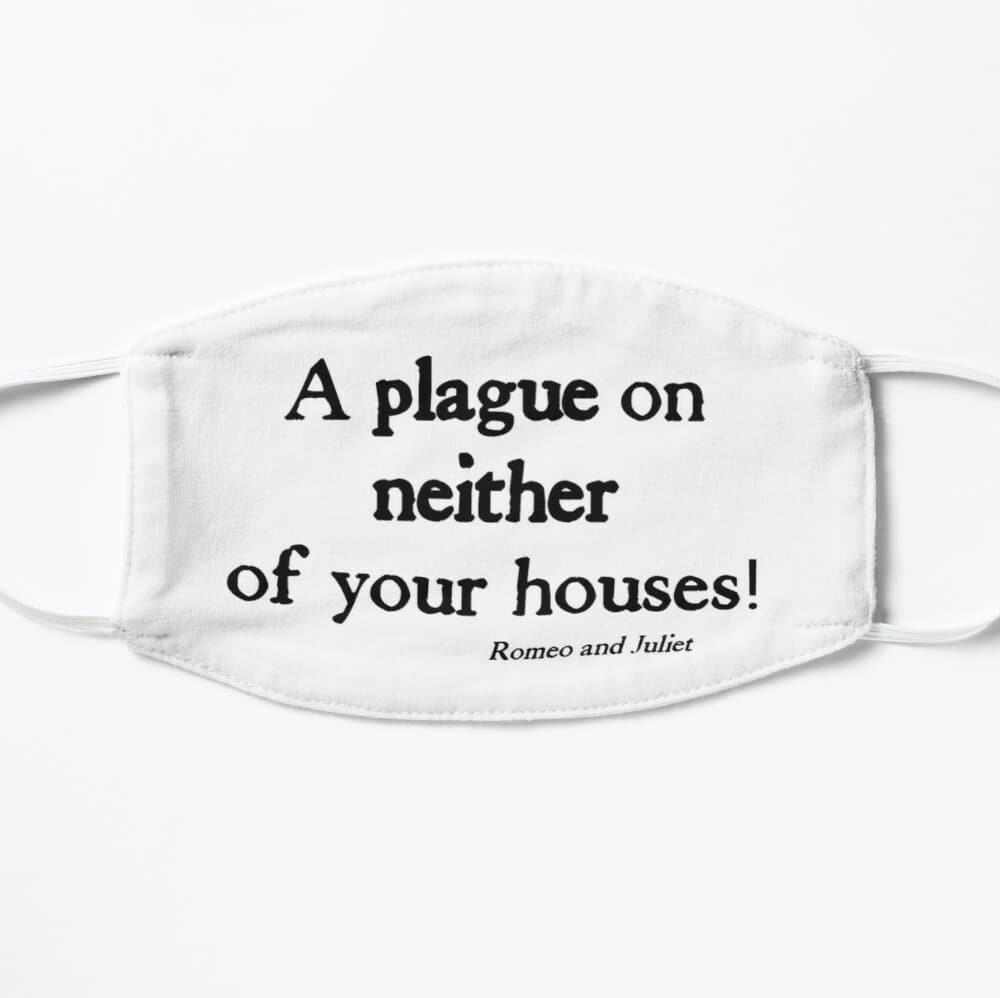Show of hands, who knows what Slack is? As somebody whose day job requires that I live within its walls I just kind of took this question for granted, but literally everybody that’s taken part so far asked me, “What’s Slack?” So as we continue, I thought I’d start there. If you do know what Slack is, you can skip down a bit.
Slack is an online collaboration space. It’s not really in the “social media” bucket because it’s not public, companies and organizations create their own, invitation-only space. Other than that, though, it’s very much like social media. You ask questions, you answer questions, you post media, you share files.
Imagine Facebook, only everybody on it is talking about one subject (or works for one company). There’s channels so you can organize the conversation and decide which ones you want to join (or not). There’s persistence so you can scroll back in the conversation (and search!) in case you don’t want to monitor all the time (like Twitter requires). There’s emojis, there’s private notifications, there’s direct private messages. There’s multiple ways to access it – web, desktop app, mobile app.
You’d think I work for Slack at this point. I do not. But, like I said, I am so used to having it open all the time that I got to wondering whether I couldn’t put it to good use. See where this is going?
We have a Shakespeare Geek slack!
Right now there’s less than a dozen of us breaking it in, working the kinks out. Generally introducing ourselves and telling our “What’s Shakespeare mean to me?” stories. I asked for volunteers on Twitter a few times to get us started.
But many of you out there aren’t on Twitter. Maybe you found this like on Facebook, or on the mailing list. I want to make sure you’re invited to the party!
If any of this sounds interesting, request an invitation from me directly. You will need to provide your email address.
The Rules (What Few There Are)
- The whole idea of this experiment is to have a giant Shakespeare-themed cocktail party. Pleasant, on topic conversation. This isn’t Reddit or Twitter, it’s a private party. No spamming, no disruptive nonsense, no authorship debates. I have to unfortunately reserve the right to revoke the access of anyone at any time, and hope never to use that right.
- I have no idea how many responses I’ll get to this so I can’t promise to immediately respond to all of them. I will openly admit to being partial to those that are not entirely anonymous to me, so if we have any sort of existing relationship (have corresponded in the past, or if I know you by another social media name…) you’ll be higher on the list (so make sure to mention it). And if we don’t, introduce yourself! That’s what you do at a party, you start by saying hello to the host. 🙂
If that sounds interesting, I look forward to hearing from you!





